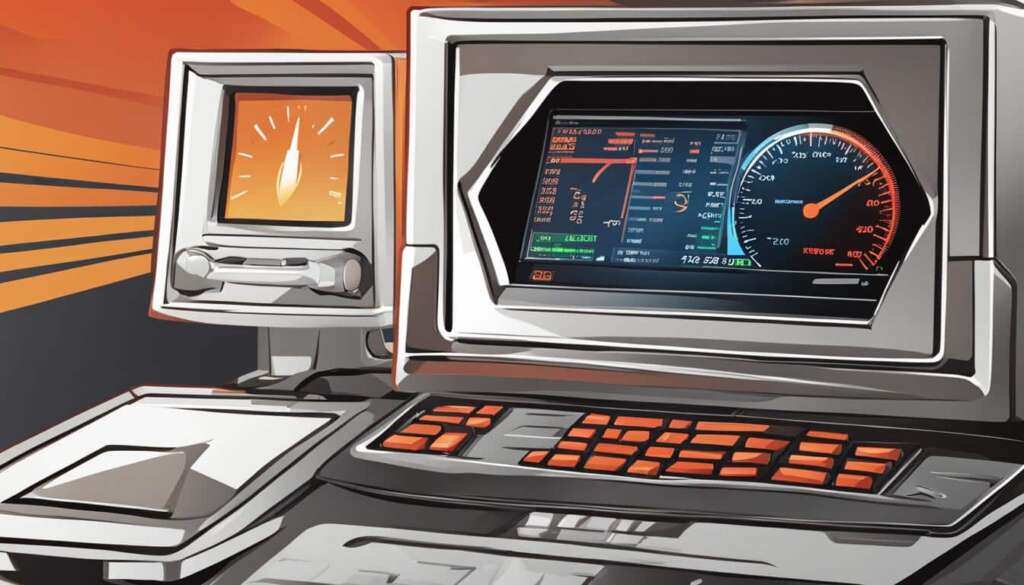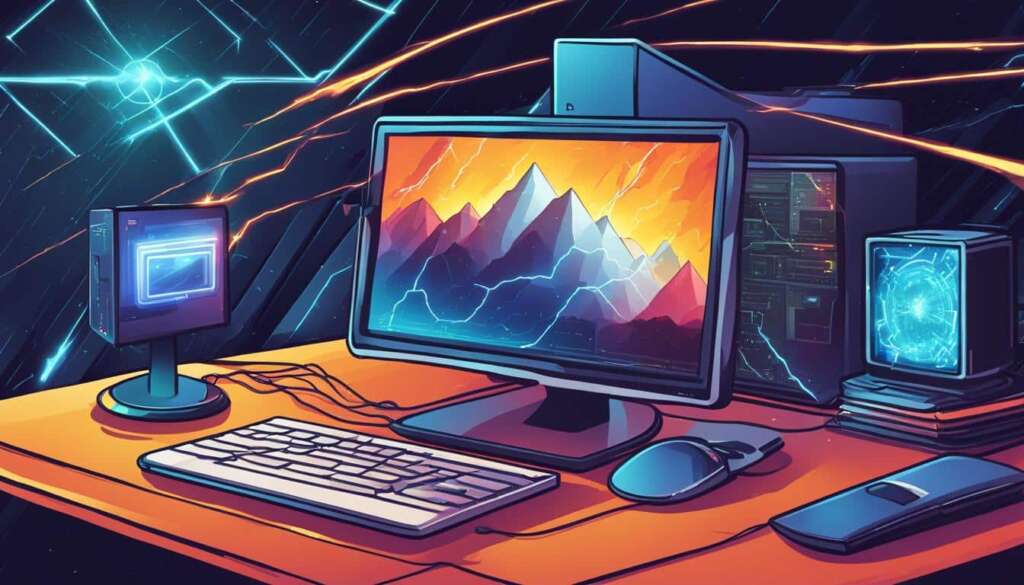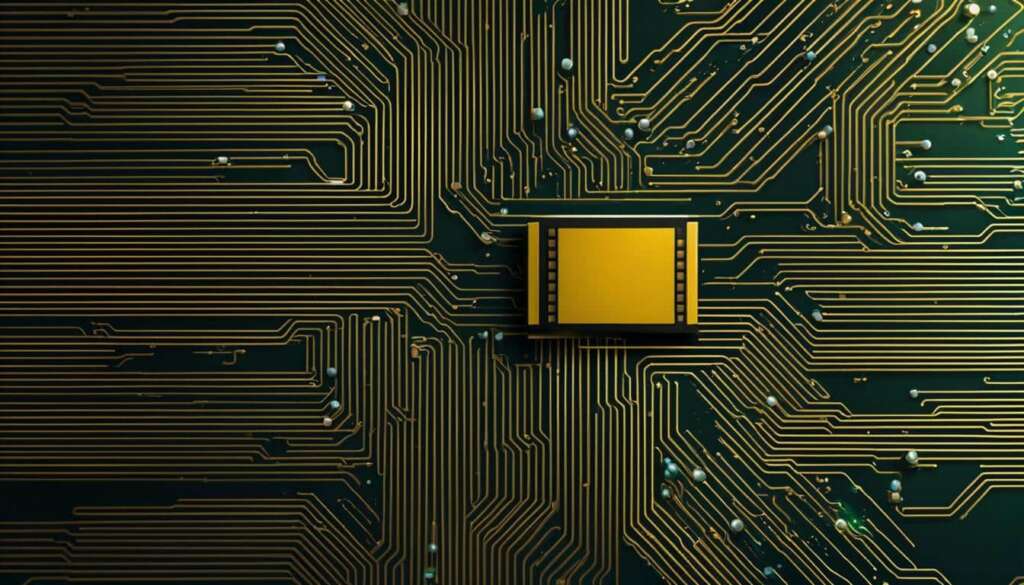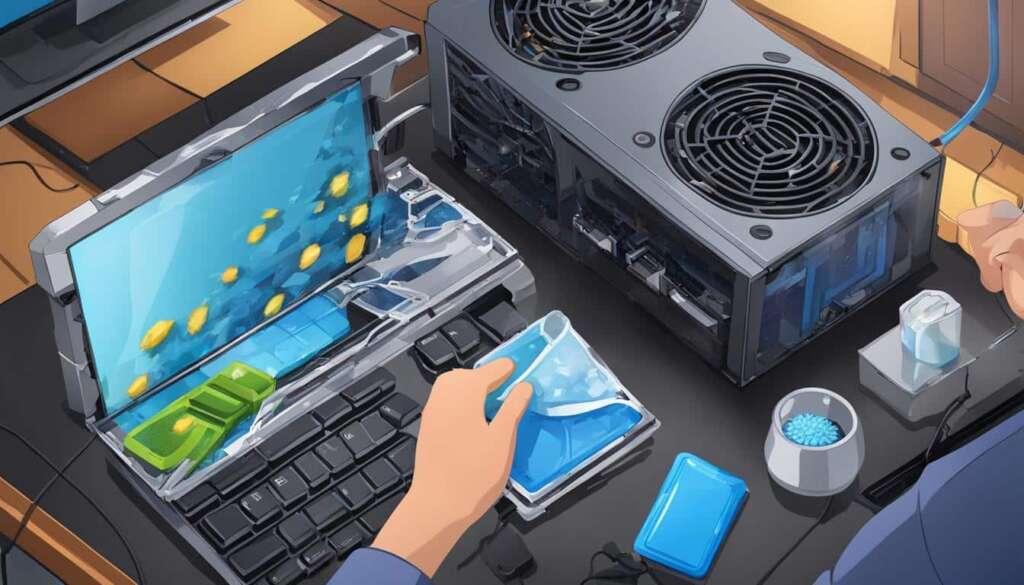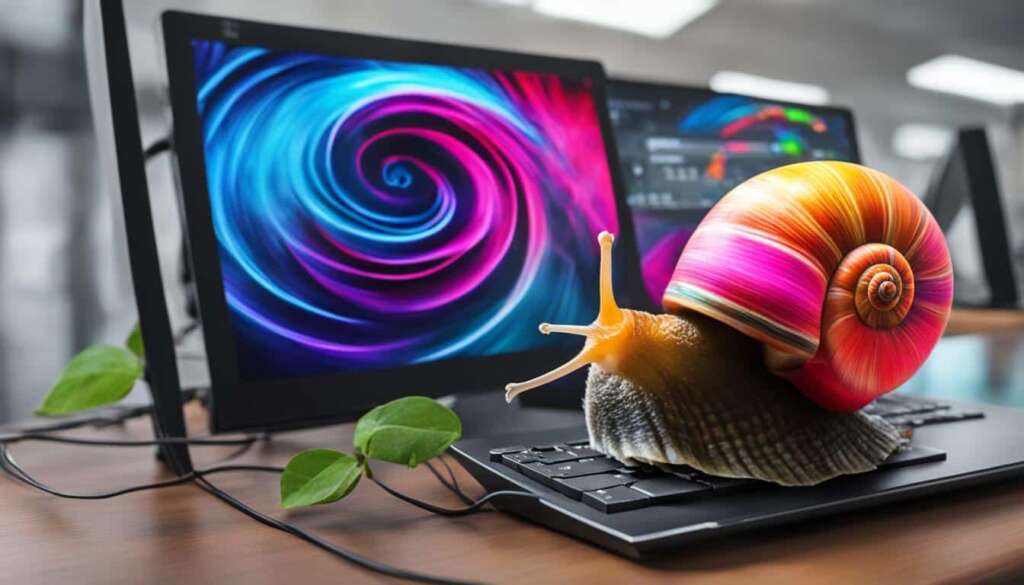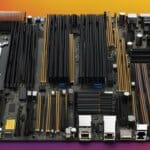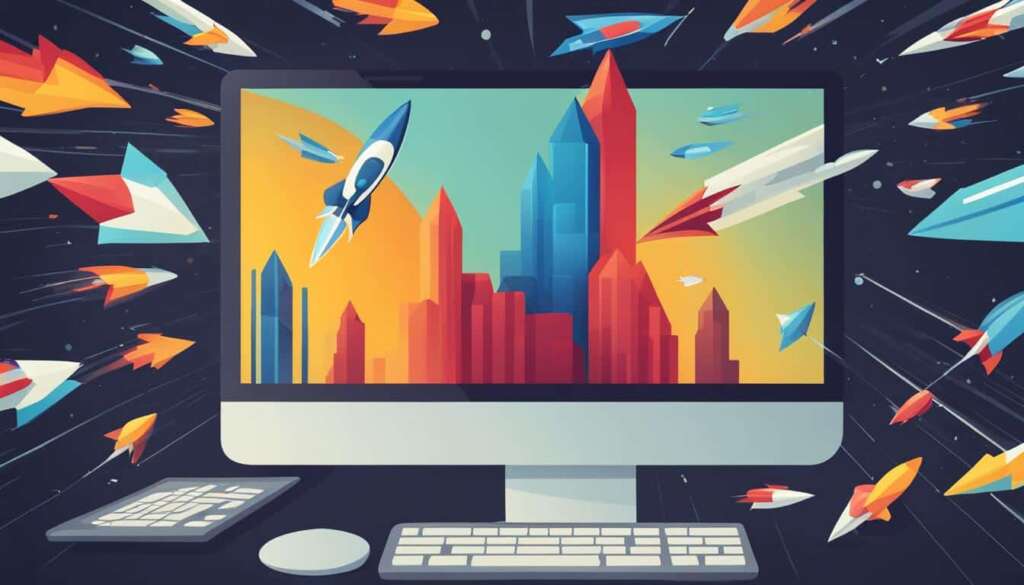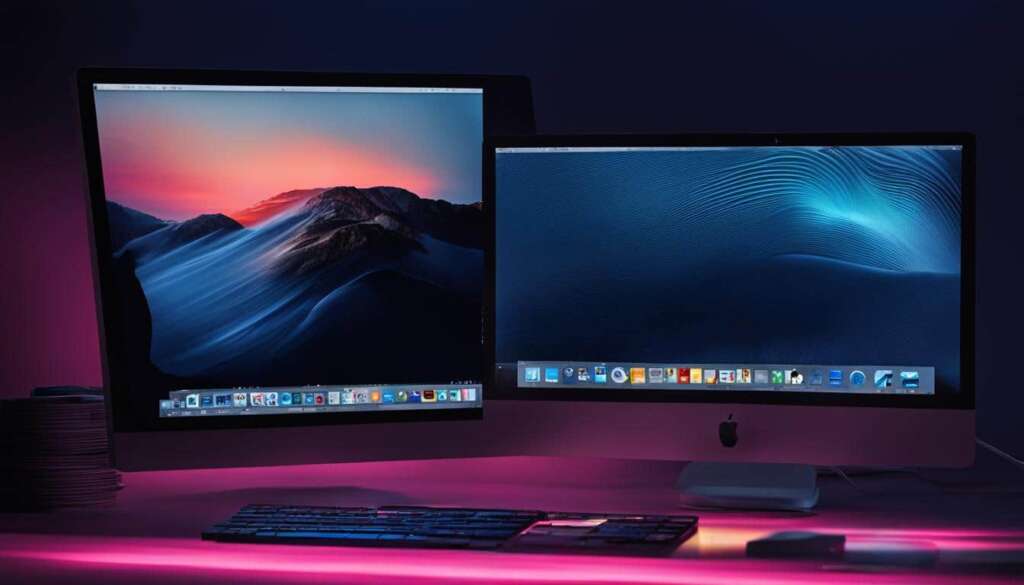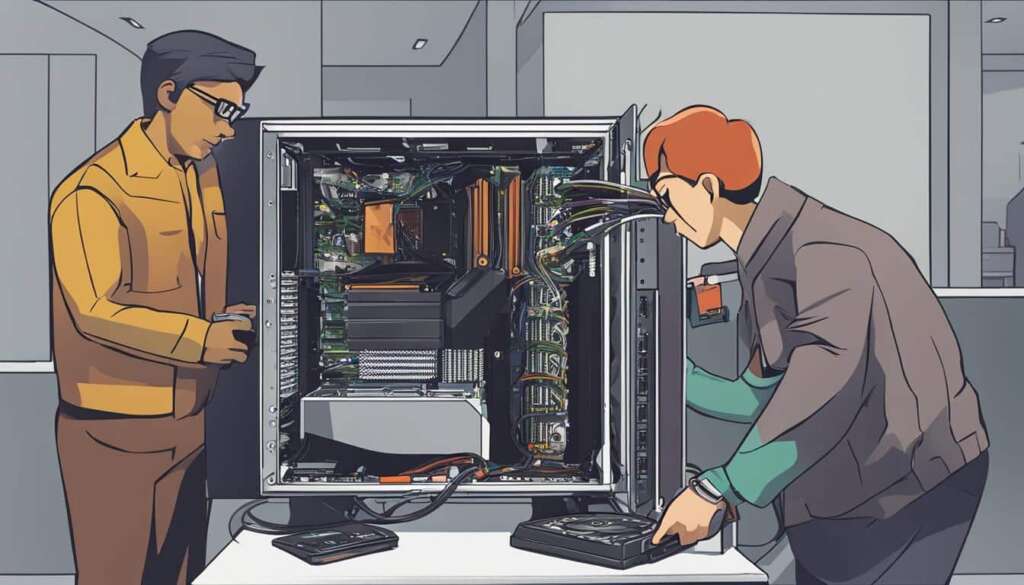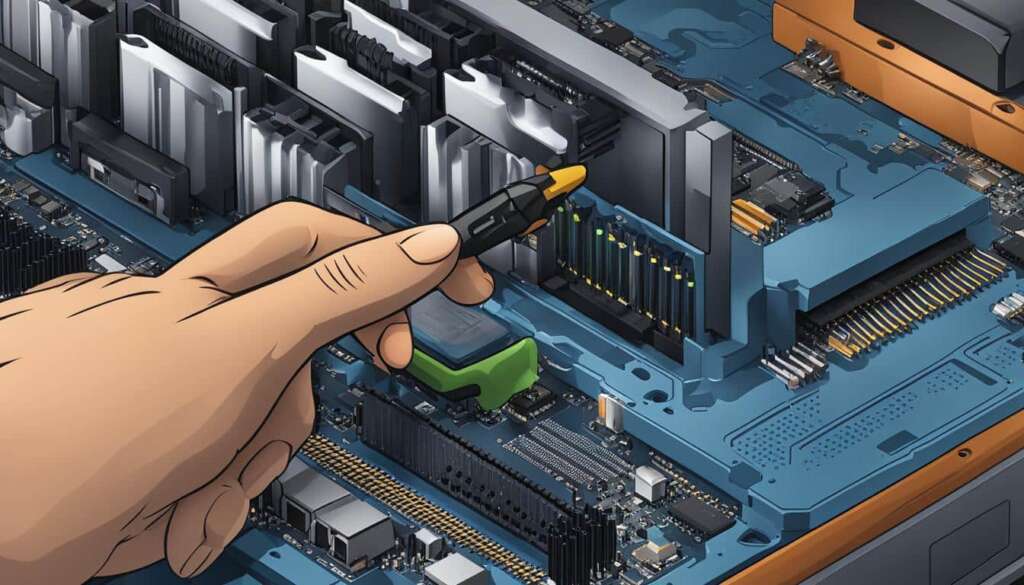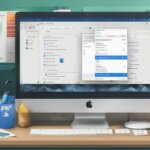Table of Contents
As PC hardware continues to speed up, so does software, and the Windows operating system is no exception. Even the most current version of Windows isn’t immune to slowdowns, and not everyone is ready to upgrade from Windows 10 to Windows 11 yet.
This article provides a variety of tips and tricks to help speed up your PC without compromising its appearance and functionality. These tips include uninstalling unnecessary programs, limiting startup processes, cleaning up your disk, adding more RAM, installing an SSD startup drive, checking for viruses and spyware, changing power settings, and running troubleshooters.
Uninstalling unnecessary programs is essential in the quest to make your PC faster. These programs, often referred to as crapware or bloatware, can take up valuable resources and slow down your computer. Removing them is a simple process, and you can do it by right-clicking on the unwanted app icon in the Start menu and choosing Uninstall. Alternatively, you can use the Programs and Features section in the Control Panel to remove junk apps.
Another effective tip is to limit startup processes. Many programs install side processes that run every time you start your PC, and some of them are unnecessary and can slow down your computer’s boot time. By managing your startup items, you can improve your PC’s boot time and overall speed. In Windows 10 and 11, you can access the Startup tab in the Task Manager (Ctrl-Shift-Esc) to disable the programs you don’t need.
Cleaning up your disk is crucial for maintaining a fast PC. Insufficient disk space can contribute to a slow performance. You can free up disk space by performing a disk cleanup using the Disk Cleanup utility in Windows. It finds and deletes temporary files, offline web pages, and installer files. Additionally, enabling the Storage Sense option will automatically remove temporary files and Recycle Bin items, optimizing disk space and improving your PC’s performance.
These are just a few tips to help speed up your PC and enhance your daily computing experience. Stay tuned for the rest of the tips in the upcoming sections to unleash the full potential of your computer.
Uninstall Crapware
One of the reasons for a slow PC is the presence of unnecessary or unused software, often referred to as crapware or bloatware. These programs can take up valuable resources and slow down your computer. To address this issue, you can uninstall these programs using the following methods:
- Start Menu: Right-click on the unwanted app icon in the Start menu and choose Uninstall. This will launch the uninstallation process and remove the program from your PC.
- Control Panel: Access the Programs and Features section in the Control Panel. Here, you can find a list of installed applications. Simply select the junk apps you want to remove and click on the Uninstall button.
- Manual Removal: Additionally, it is recommended to remove any apps you installed yourself but no longer need. By freeing up resources, you can optimize the performance of your PC.
By uninstalling unnecessary programs and removing bloatware, you can get rid of unnecessary software that is slowing down your PC and improve its overall speed and performance.
| Benefits of Uninstalling Crapware | Methods |
|---|---|
| Improved PC performance | Start Menu |
| More available resources | Control Panel |
| Reduced system clutter | Manual Removal |
Limit Startup Processes
When you start your PC, numerous programs automatically launch side processes that can significantly slow down your computer’s boot time. However, not all of these programs are essential for your PC’s performance. By managing your startup items and disabling unnecessary startup programs, you can improve your boot time and enhance the overall speed and efficiency of your computer.
To disable startup programs in Windows 10 and 11, you can follow these simple steps:
- Press the Ctrl, Shift, and Esc keys simultaneously to open the Task Manager.
- Once the Task Manager opens, navigate to the “Startup” tab.
- On the “Startup” tab, you will find a list of programs that load during Windows startup.
- Note: The “Status” column shows whether each program is enabled or disabled.
- Identify the programs that you don’t need to run at startup.
- Right-click on the unnecessary program and select “Disable”.
By disabling startup programs that you don’t use regularly, you can reduce the number of processes that consume system resources during boot time. This can result in faster boot times and improved overall performance.
Benefits of Limiting Startup Processes:
- Improved boot time: Disabling unnecessary startup programs reduces the number of programs that need to load, resulting in faster boot times.
- Enhanced system performance: By reducing the number of background processes, your PC can allocate more resources to the programs you’re actively using, improving overall system performance.
- Reduced system resource usage: Startup programs consume system resources even if you’re not actively using them. Disabling unnecessary startup programs can free up valuable resources for other tasks.
| Startup Program | Impact on Boot Time | Program Usage Frequency |
|---|---|---|
| Microsoft Office | High | Daily |
| Adobe Creative Cloud | Medium | Occasional |
| Spotify | Low | As needed |
| Antivirus Software | High | Always running |
Note: The table above demonstrates the impact of different startup programs on boot time and their usage frequency. By analyzing the table, you can prioritize which programs to disable during startup based on their importance and impact on your computer’s performance.
By managing your startup programs effectively, you can improve your computer’s boot time and maximize its performance. Take the time to review and disable unnecessary startup programs to optimize your PC’s speed and efficiency.
Clean Up Your Disk
Having insufficient disk space can also contribute to a slow PC. To optimize the performance of your computer, it is essential to free up disk space by performing a disk cleanup. Fortunately, Windows provides a built-in tool called Disk Cleanup that can help you achieve this effortlessly.
The Disk Cleanup utility scans your system for unnecessary files such as temporary files, offline web pages, and installer files. By removing these files, you can not only free up valuable disk space but also improve the overall speed and responsiveness of your PC.
To access Disk Cleanup, simply go to the Start menu, type “Disk Cleanup,” and select the utility from the search results. Once opened, you can choose the drive you want to clean and select the file types you wish to remove. After making your selections, click “OK” to initiate the disk cleanup process.
In addition to using Disk Cleanup, you can also enable the Storage Sense option in Windows to automatically remove temporary files and items from the Recycle Bin. This proactive approach ensures that your disk space remains optimized, allowing your PC to perform at its best.
FAQ
How can I uninstall unnecessary software from my PC?
To uninstall unnecessary software, you can right-click on the unwanted app icon in the Start menu and choose Uninstall. Alternatively, you can use the Programs and Features section in the Control Panel to remove junk apps. Don’t forget to also remove any apps you installed yourself but no longer need.
How can I limit the programs that run at startup?
To limit the programs that run at startup, open the Task Manager (Ctrl-Shift-Esc) and switch to the Startup tab. From there, you can see the programs that load at Windows startup and disable the ones you don’t need. This can help improve the speed and performance of your PC.
How can I clean up my disk to free up space?
You can perform a disk cleanup by using the Disk Cleanup utility in Windows. This utility finds and deletes temporary files, offline web pages, and installer files. To access Disk Cleanup, simply type “Disk Cleanup” in the Start menu. Another option is to enable the Storage Sense option, which automatically removes temporary files and Recycle Bin items. This can help optimize disk space and improve the performance of your PC.

